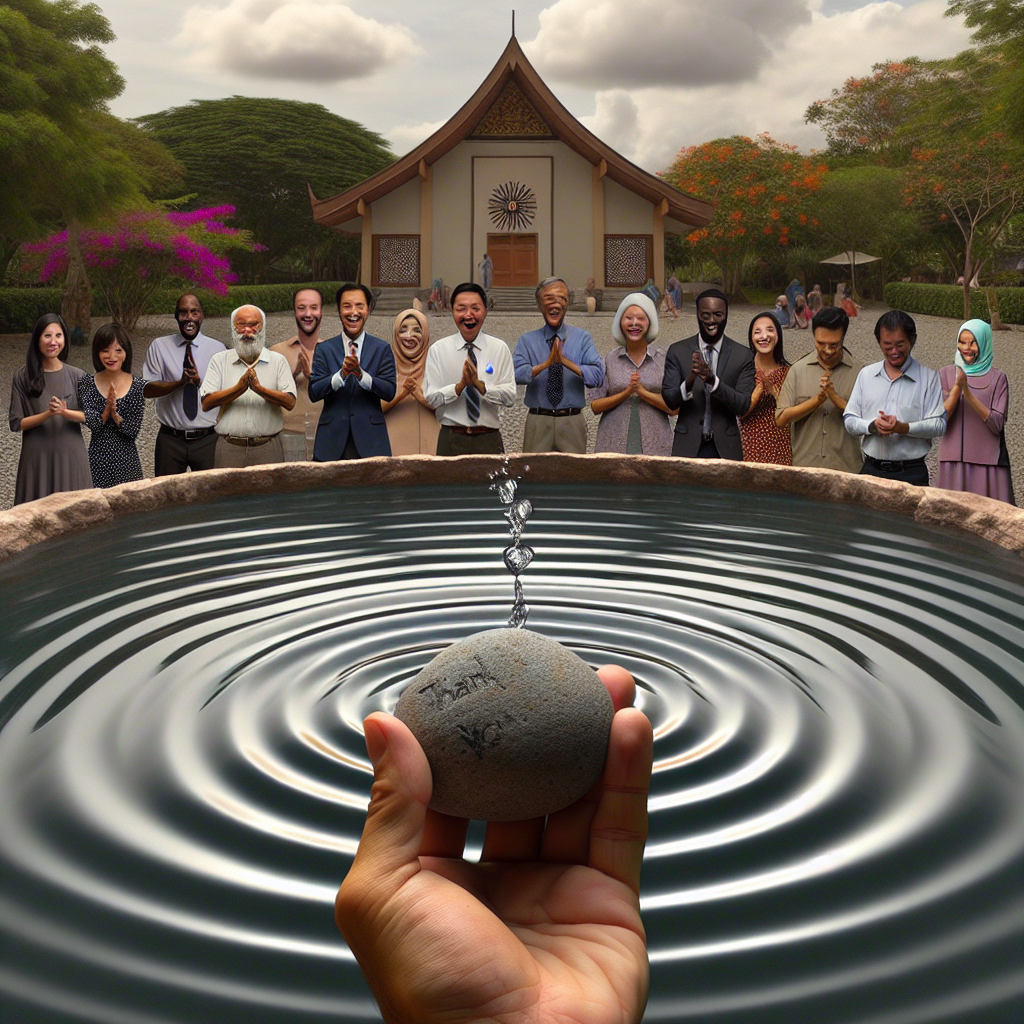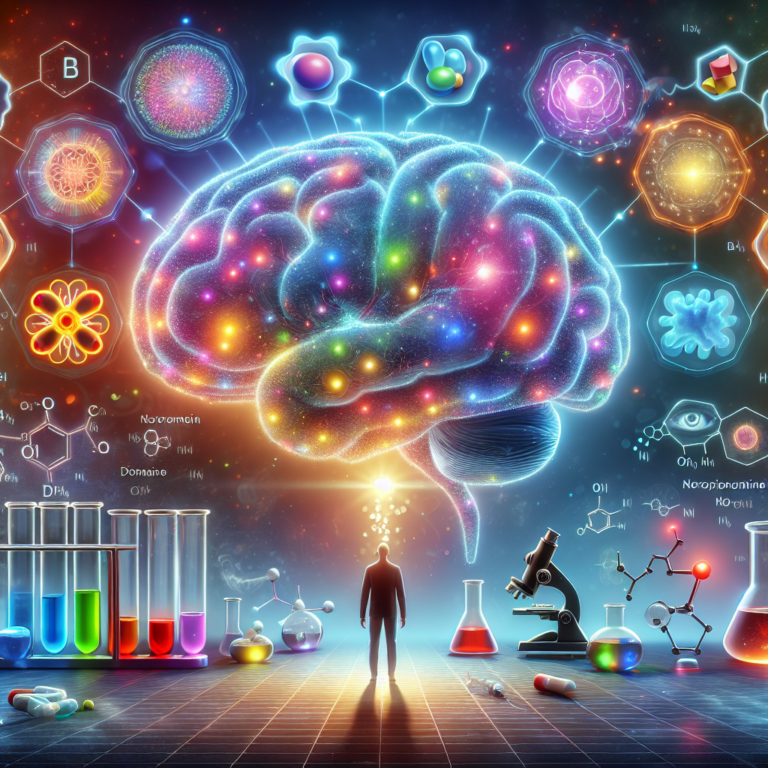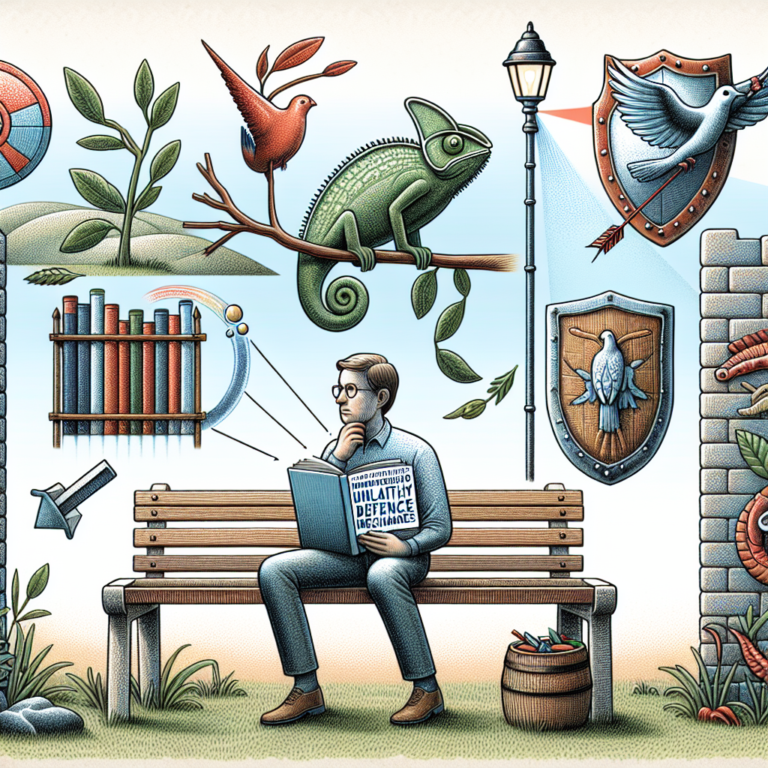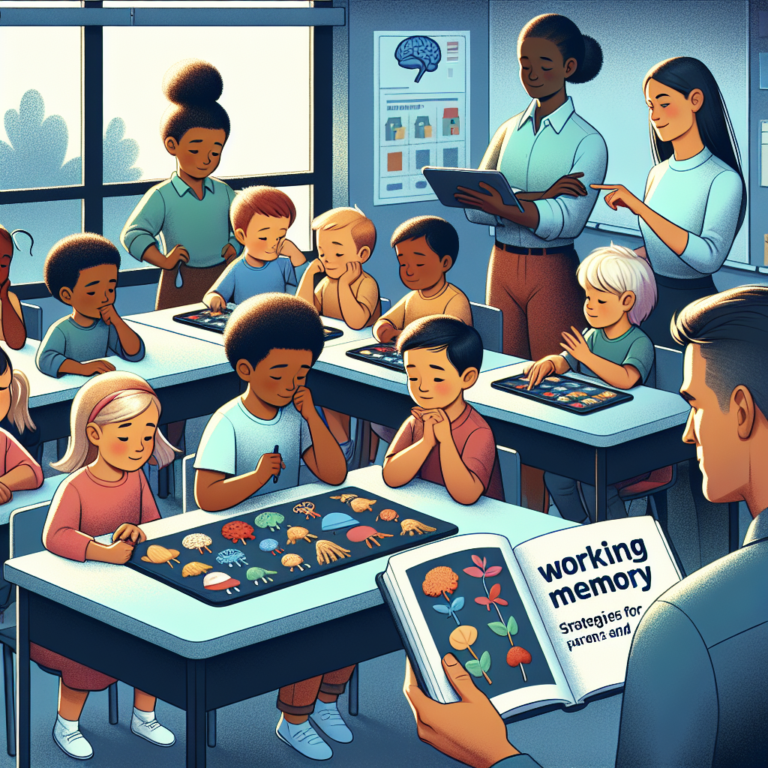
Introduction
Have you ever noticed how a small act of gratitude can create ripples far beyond its initial impact? The phrase "thank you" may seem simple, but its effects are profound and far-reaching. In our fast-paced world, where interactions often feel superficial, recognizing the importance of gratitude is more essential than ever. This article explores The Ripple Effect of Gratitude: How Saying ‘Thank You’ Can Impact Your Relationships, unraveling the transformative power of appreciation in personal, professional, and communal contexts.
The Science Behind Gratitude
Understanding Gratitude
Gratitude is more than just an emotion; it’s a vital part of human interaction. Research shows that practicing gratitude can improve mental health, enhance relationships, and foster a sense of community. A study published in the Journal of Personality and Social Psychology indicates that people who regularly express gratitude report fewer symptoms of illness and greater satisfaction in their relationships.
The Psychological and Physiological Benefits
From boosting your mood to enhancing your immune system, the benefits of expressing gratitude are numerous. Here’s a breakdown of some key benefits:
| Benefit | Description |
|---|---|
| Improved Relationships | Strengthens bonds with friends, family, and partners. |
| Increased Happiness | Regular gratitude practice leads to increased feelings of wellbeing. |
| Enhanced Self-Esteem | Gratitude can promote a greater sense of self-worth. |
| Physical Health | Grateful individuals report better sleep and lower blood pressure. |
The ripple effect of gratitude can be felt across various aspects of life, impacting not just the giver, but also the receiver and their broader network.
The Ripple Effect of Gratitude in Personal Relationships
Strengthening Bonds with Family and Friends
Expressing gratitude within familial and friendly contexts enhances emotional connections. Whether it’s thanking a parent for their support or appreciating a friend’s efforts, each act fosters a stronger bond.
Case Study: The Family Dinner
Consider a family dinner where each member shares something they appreciate about one another. This small gesture not only strengthens familial bonds but also encourages open communication, leading to a more supportive home environment. Families who engage in regular gratitude exercises report higher levels of happiness and lower conflict.
Analysis
This case study illustrates The Ripple Effect of Gratitude: How Saying ‘Thank You’ Can Impact Your Relationships by showing how gratitude creates a nurturing atmosphere. It encourages vulnerability and connection, vital elements for lasting relationships.
The Workplace: Fostering Team Spirit
In a professional setting, expressing gratitude can significantly enhance workplace culture. Employees who feel appreciated are more engaged and productive.
Case Study: Acknowledging Efforts
In a tech company, management introduced a monthly recognition program where employees could thank each other publicly for their contributions. After six months, surveys revealed a 30% increase in job satisfaction and a noticeable decline in turnover rates.
Analysis
This example highlights The Ripple Effect of Gratitude: How Saying ‘Thank You’ Can Impact Your Relationships in the workplace. Appreciation not only boosts morale but also cultivates a collaborative spirit, ultimately benefiting the entire organization.
Community and Social Impact
Gratitude can extend beyond personal relationships and workplaces, fostering a sense of community. When members of a community express gratitude towards each other, trust and cooperation flourish.
Case Study: Neighborhood Initiatives
In a neighborhood where residents started a "thank you" project, individuals left notes of appreciation for their neighbors. Within months, the community witnessed increased participation in local events and enhanced cooperation in community projects.
Analysis
This case study showcases how gratitude can impact broader relationships in community settings, emphasizing that The Ripple Effect of Gratitude: How Saying ‘Thank You’ Can Impact Your Relationships extends into collective spaces, promoting a more united and collaborative community.
The Power of a Simple "Thank You"
Cultivating a Culture of Appreciation
To harness the power of gratitude effectively, individuals and organizations must cultivate a culture of appreciation that permeates daily life.
- Start Small: Make it a habit to thank at least one person each day.
- Be Specific: Instead of a generic "thank you," specify what you are grateful for.
- Make it Public: Share your gratitude in group settings to inspire others.
Elevating Everyday Interactions
Gratitude doesn’t have to be reserved for monumental events; everyday interactions benefit immensely from appreciation.
Reframing Customers’ Experiences
Businesses that prioritize gratitude in customer interactions often see improved loyalty and trust. For instance, a local coffee shop that thanks customers personally creates a welcoming atmosphere that differentiates it from competitors.
Case Study: Customer Engagement
A survey indicated that customers who received a heartfelt thank-you note after a purchase were 50% more likely to return compared to those who did not.
Analysis
This case study underscores The Ripple Effect of Gratitude: How Saying ‘Thank You’ Can Impact Your Relationships, illustrating how small actions in customer service can lead to significant returns and deeper emotional connections with consumers.
Expanding the Ripple Effect
Gratitude Beyond Words
While saying "thank you" is powerful, expressing gratitude can take many forms. Acts of kindness, letters, and supportive gestures all communicate appreciation.
Case Study: Kindness Campaigns
A school implemented a "kindness week," encouraging students to express gratitude through acts of kindness, such as helping classmates and teachers. The outcome saw an improvement in school morale and a decrease in bullying incidents.
Analysis
This initiative represents The Ripple Effect of Gratitude: How Saying ‘Thank You’ Can Impact Your Relationships beyond mere words, transforming a school environment into one that values support and kindness.
The Digital Age: Virtual Gratitude
With the rise of social media, expressing gratitude has taken on new dimensions. Online platforms offer opportunities for public recognition and appreciation, extending the reach of gratitude.
Case Study: Social Media Recognition
A company utilized social media to showcase employee accomplishments and customer testimonials. This practice not only built a positive online reputation but also fostered a sense of pride among employees.
Analysis
By leveraging digital platforms, businesses can extend the ripple effect of gratitude, reinforcing The Ripple Effect of Gratitude: How Saying ‘Thank You’ Can Impact Your Relationships in the virtual realm.
Challenges to Practicing Gratitude
While the benefits are profound, there are common challenges to expressing gratitude that individuals must overcome:
- Feeling Vulnerable: Acknowledging someone’s contribution can feel exposing, especially in competitive environments.
- Taking Others for Granted: Daily familiarity can dull appreciation; we must be intentional about recognizing others’ efforts.
- Cultural Differences: Different cultures express gratitude in various ways, requiring sensitivity and awareness.
Overcoming Barriers
- Shift the Mindset: View gratitude as a strength, not a weakness.
- Practice Mindfulness: Stay present and aware of the contributions of others.
- Learn from Others: Observe how gratefulness is expressed in different cultural contexts.
Conclusion: Your Call to Action
The ripple effect of gratitude is transformative. It impacts individuals, relationships, communities, and even workplaces. By acknowledging the power of saying "thank you," you can create broader waves of positivity and connection. Start with small steps—make expressing gratitude a daily habit. As you do, watch how it magnifies your relationships and surrounds you with a network of appreciation and love.
FAQs
1. What are the benefits of practicing gratitude regularly?
Regular practice of gratitude leads to improved emotional and physical wellbeing, stronger relationships, and enhanced overall life satisfaction.
2. How can I cultivate a habit of gratitude?
Start by setting aside time each day to reflect on what you’re grateful for, keeping a gratitude journal, or simply expressing appreciation to those around you.
3. Is it necessary to express gratitude publicly?
While public acknowledgment can amplify the impact, private expressions of gratitude are equally powerful and meaningful.
4. How can gratitude affect team dynamics in the workplace?
Expressing gratitude fosters a culture of appreciation, leading to increased morale, collaboration, and productivity within teams.
5. What challenges might someone face when trying to express gratitude?
Challenges include feeling vulnerable, taking others for granted, and cultural differences in expressing appreciation. Overcoming these barriers typically requires intentional effort and mindfulness.
This article illustrates The Ripple Effect of Gratitude: How Saying ‘Thank You’ Can Impact Your Relationships, offering insights, case studies, and practical strategies to help individuals and organizations harness gratitude’s full potential. Embrace this power, and start your ripple today!















